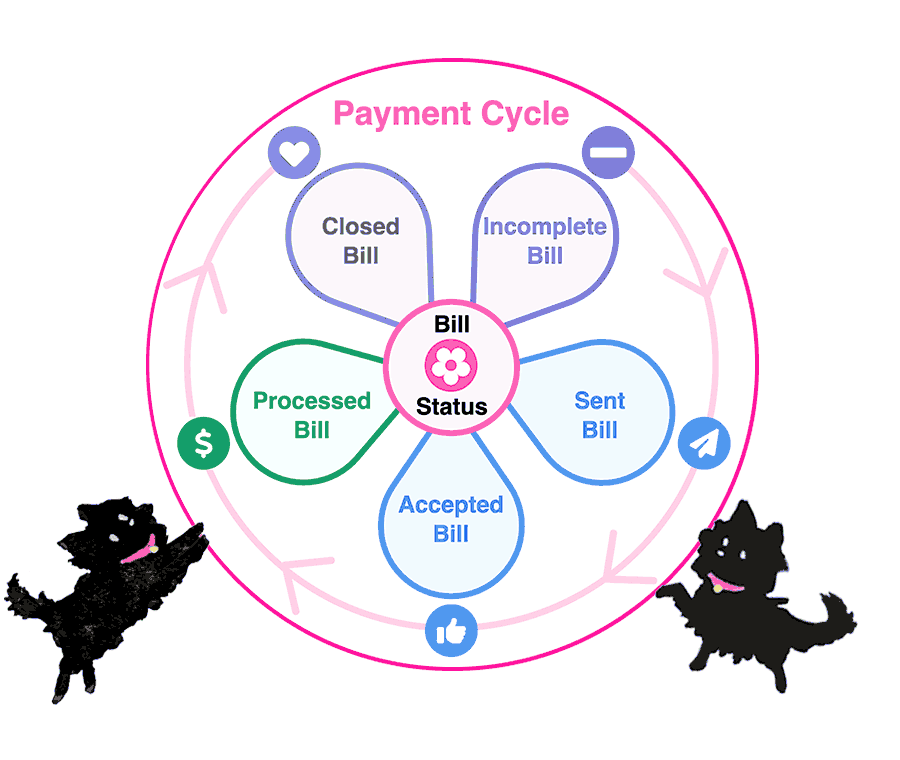PA: First Responders May File Comp Claims for Trauma

As of October 30, 2025, Pennsylvania first responders may file a workers’ compensation claim for post-traumatic stress injuries (PTSI’s) that result from certain qualifying events.
Crucially, Act No. 121, Workers’ Compensation Act - Compensation for Post-Traumatic Stress Injury, eliminates the requirement that the trauma be due to an “abnormal working condition.” Trauma from several types of events common to first responder work now qualify as compensable.
This legislation makes it drastically easier for first responders to claim workers’ compensation benefits for mental health-related injuries. Pennsylvania joins several states in making a concerted effort to expand access to mental health care for injured workers, particularly first responders.
PA Act No. 121: “Abnormal” Conditions No Longer Required
Governor Josh Shapiro signed Act No. 121 into law in October 2024, with its provisions set to take effect one year later. Lieutenant Governor Austin Davis celebrated the bill’s coming into effect on social media, announcing (emphasis ours):
“Today, first responders will be able to claim workers’ compensation easier than ever before for post-traumatic stress injuries sustained while on the job.
Through legislation, we lowered the burden of proof for PTSI’s so that fire fighters, police officers, and paramedics can receive the support they need to safely recover after experiencing a traumatic event.”
First responders include paid and volunteer Emergency Medical Services providers, paid and volunteer firefighters, state police officers, and peace officers who respond to emergency calls.
Most importantly, rather than having to endure an injury due to “abnormal working conditions” to claim benefits, these first responders may now seek benefits for injuries that result from “an incident or exposure”:
- Resulting in serious bodily injury or death to an individual
- Involving a minor who has been injured, killed, abused, or exploited
- Involving an immediate threat to the life of the claimant or another individual
- Involving mass casualties
- Responding to crime scenes for investigations
The legislation stipulates specifically that the injury “shall not be required to be the result of an abnormal working condition to be a compensable injury…”
For injuries that a Pennsylvania-licensed psychologist or psychiatrist diagnoses, first responders can receive benefits up to 104 weeks. First responders have three years following the date of diagnosis to file a claim, regardless of whether they were still employed at the time of diagnosis.
From New York and New Jersey to Connecticut, Montana, Oklahoma, and beyond, legislators are fighting to ensure that work-related mental health injuries don’t fall through the cracks of the workers’ comp system, with varying degrees of success.
Pennsylvania’s concrete action is a significant step forward.
daisyBill makes comp billing fast, easy, and accurate for PA providers. Click below to learn more:
TRY DAISYBILL
DaisyBill provides content as an insightful service to its readers and clients. It does not offer legal advice and cannot guarantee the accuracy or suitability of its content for a particular purpose.





.gif)
